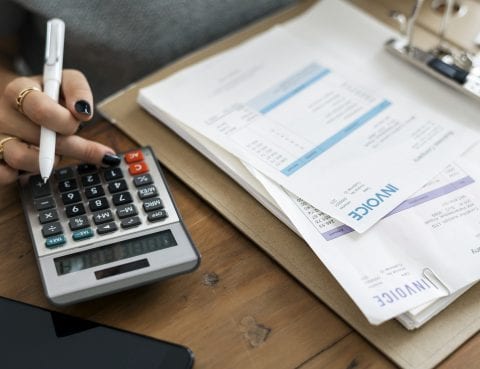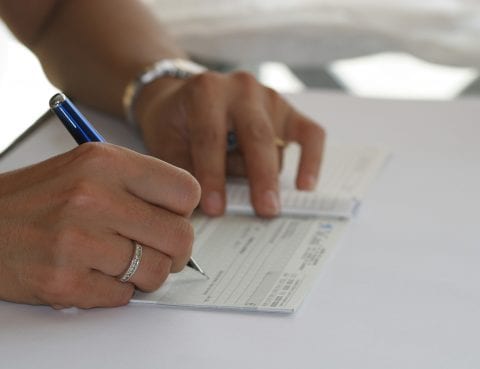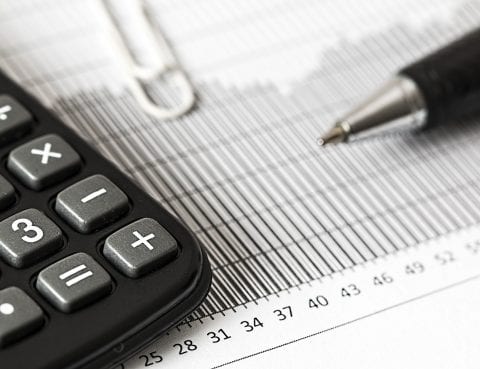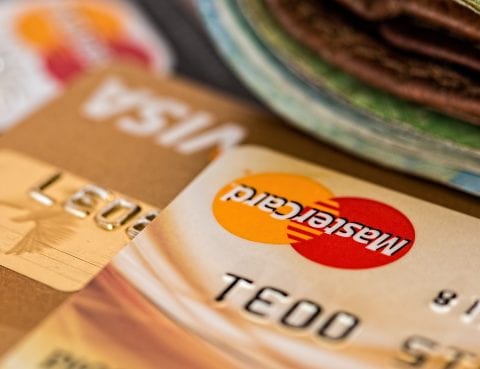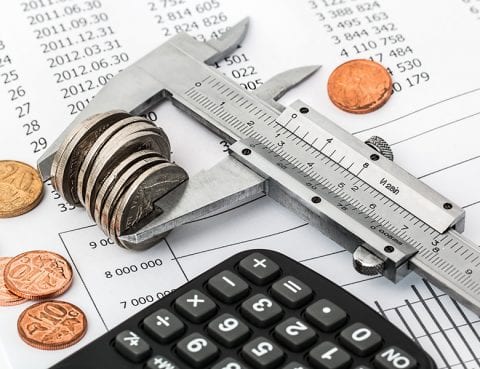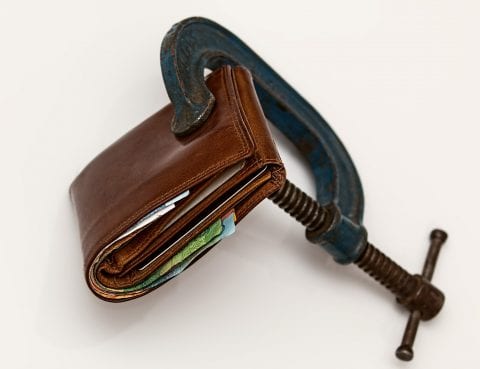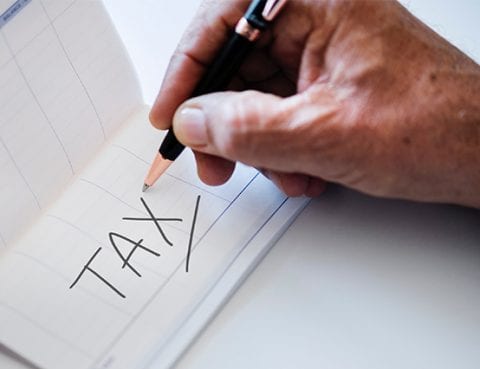An IRS levy is different than a lien. A lien is a legal claim placed on your property and on your credit report. A levy is when the IRS actually seizes your property or your funds directly from your bank account, savings account, or other financial accounts where your money is held. The IRS can also…
Excise Tax is a tax paid when a purchase is made on a specific good, service, or activity. Typically, the IRS applies an excise tax to anything that may be harmful to a person or the environment. This can include tobacco, alcohol, health products or services, highway and fuel usage, and aviation usage and services….
If you have a business tax debt, the IRS can place a levy on your bank accounts that include your vital accounts used for payroll. When this occurs, the IRS has the right to remove all funds in these accounts to collect on the outstanding tax debt, making it problematic to pay crucial expenses and near-impossible to retain your employees that…
If you are stuck in situation in which you are being held financially responsible for your spouse’s tax debt, you have options to gain relief. The IRS has a program designed to evaluate your situation and determine if you can be released from this financial obligation that your spouse caused. Unfortunately, pleading your case to the…
A payroll tax debt occurs when a business owner fails to withhold the appropriate amount of taxes from their employee’s paychecks and send the funds to the IRS. Sometimes this happens due to negligence of the company’s accountant, a mistake in understanding the tax codes, a misunderstanding of if an employee is a W-4 or…
As an employer, you’re responsible for paying payroll taxes on your employees. Typically, these taxes are due quarterly, which can make it easy to miss a payment. Some origins for payroll tax debt can be if an employer borrows from a payroll account to cover other expenses, or they may forget to withhold or deposit…
If the IRS files for a federal tax lien to be placed on your business, it can hurt your chances of securing a business loan, along with affecting any agreements or contracts you may currently have with lenders. Every lender wants assurance that they will get their money back, and your current lenders will be placed at…
If you have a business tax debt, the IRS can place a levy on your bank accounts which includes your Accounts Receivable. This means they will make a claim on any payments made to you to divert directly to them instead. The IRS will send letters to your customers and clients, instructing them to remit their payments to them…
If you are similar to millions of taxpayers and are not able to pay your tax debt in full, the IRS offers the ability to pay in monthly payments. The taxpayer is subject to the IRS’s determination of their financial situation and sets the amount the taxpayer must pay each month. However, installment agreements also…
What is a wage garnishment, and how does it affect you? A wage garnishment is when the IRS imposes a percentage of your wages to be automatically withdrawn from your paycheck to pay off a tax debt. This automatic withdrawal on your wages can continue until the tax debt is fully paid off, including any…



